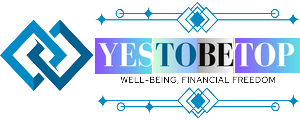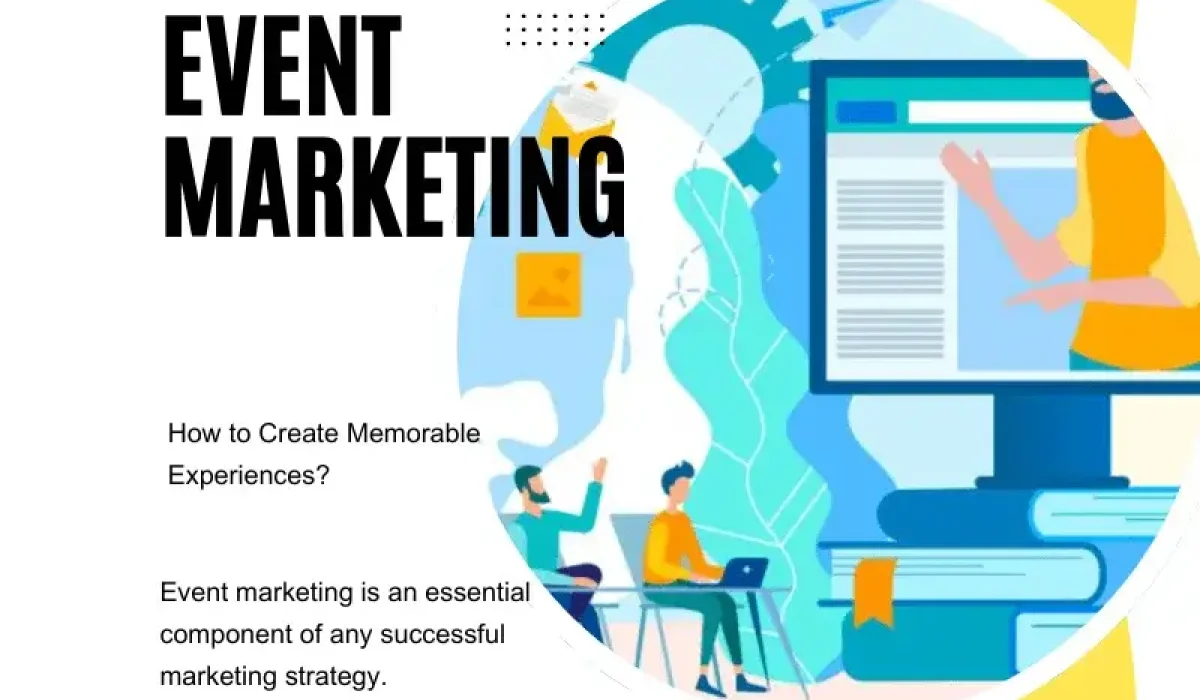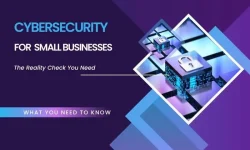Event marketing is an essential component of any successful marketing strategy. It involves promoting an event to build brand awareness, generate leads, and increase sales. Events can take many forms, such as conferences, product launches, trade shows, and customer appreciation events. In this article, we will explore what event marketing is, the most effective way to market an event, and how businesses can benefit from it.
What is the most effective way to market an event?
The most effective way to market an event depends on the type of event and the target audience. However, there are several common strategies that are proven to be effective in promoting events:
Social Media Marketing
Social media platforms such as Facebook, Instagram, Twitter, and LinkedIn are excellent tools to promote events. These platforms provide a vast reach and allow for targeted advertising to specific demographics.
Event Email Marketing
Email marketing is a powerful tool for event promotion. It allows for personalized communication with potential attendees and can include event details, incentives, and registration links.
Event Advertising
Advertising through print media, online publications, and billboards can increase visibility and attract a broader audience.
Experiential Marketing
Experiential marketing involves creating a memorable experience for the audience. This can include interactive displays, live demonstrations, and other immersive activities.
Event Promotion
Promoting an event through a press release or public relations campaign can create buzz and generate interest in the event.
3 Effective Event Marketing Examples
Pop-up Shops:
Brands can create temporary retail spaces, or pop-up shops, to generate buzz and excitement around their products. By creating a unique and limited-time shopping experience, brands can create a sense of urgency and exclusivity, which can lead to increased sales and brand awareness.
Experiential Marketing:
Experiential marketing events are designed to immerse attendees in an interactive and engaging brand experience. These events can include live performances, installations, or interactive exhibits, allowing attendees to interact with the brand in a unique and memorable way.
Influencer Events:
Brands can partner with social media influencers to host exclusive events and create content that showcases the brand and the event to the influencer’s followers. These events can be tailored to the interests of the influencer’s audience, creating a highly engaged and targeted audience for the brand. By leveraging the influencer’s reach and engagement, the brand can extend the reach of the event and create a highly shareable experience.
Conclusion:
Event marketing in 2023 is poised to take advantage of new technology and changing consumer expectations to create immersive and personalized experiences for attendees. Hybrid events that offer both in-person and online engagement, personalization that leverages AI and other technologies, and brand activations that showcase a company’s values and mission are just a few examples of innovative approaches that event marketers are likely to adopt in the coming years. By embracing these trends and staying attuned to the evolving needs of their audiences, event marketers can create compelling and effective campaigns that resonate with attendees and drive meaningful results for their brands.




